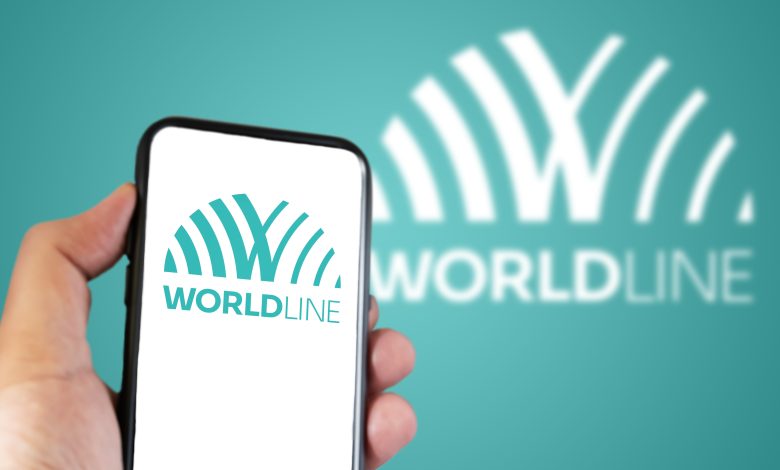In a significant reshuffling of the CAC 40 index, Vivendi, a major media and communications group, is set to re-enter, replacing the digital payment company Worldline. This change reflects the evolving dynamics of the French stock market.
Vivendi’s re-entry into the CAC 40, scheduled for 18th December 2023, marks a rapid turnaround, having exited the index only six months prior in favor of Edenred. The company’s share price rose by nearly 5% following the announcement. Previously known as Vivendi Universal, this reinstatement follows a series of strategic moves by the company, including its recent acquisition of Lagardère, which has significantly expanded its international presence. Despite its re-entry, Vivendi is positioned at the 37th rank within the CAC 40, ahead of companies like Alstom but behind others like Eurofins Scientific.
Worldline’s exit from the CAC 40 comes after a challenging period marked by a sharp decline in its stock value. The company experienced the most significant single-day drop in the history of the CAC 40, with a 59% decrease on 25th October 2023. This was attributed to a major revision in its revenue and margin targets, which took the market by surprise. As a result, Worldline’s market capitalization has significantly decreased.
These changes in the CAC 40 composition illustrate the shifting landscape of the French stock market. While Vivendi’s return to the index signals a recovery and investor confidence, Worldline’s departure highlights the challenges faced in the fintech sector, particularly in the current economic climate.
Worldline’s Challenges in the German Market
An additional factor contributing to Worldline’s general woes was a significant regulatory setback in Germany. On 26th July 2023, the German financial supervisory authority, BaFin, imposed restrictions on Payone, a joint venture of Worldline Group and the DSV Group, due to serious deficiencies in money laundering prevention. This action by BaFin highlighted critical compliance issues within Worldline’s operations, particularly in high-risk sectors.
BaFin’s decision to prohibit Payone from conducting transactions for certain business customers was driven by identified risks of money laundering. The regulator also imposed a ban on acquiring new customers in this sector to prevent the potential misuse of the e-money institution for illicit activities. This regulatory intervention was based on findings from an ongoing special audit, which revealed significant gaps in Payone’s adherence to enhanced due diligence obligations under the Money Laundering Act.
Payone’s had accumulated a notably high-risk portfolio. The merchants involved in this portfolio primarily operated online, using websites for transactions processed by Payone. Concerns were raised regarding these websites, which were linked to various fraudulent activities, including fake stores and phishing. BaFin criticised Payone’s inadequate measures in assessing these merchants’ business models during the customer acceptance process and the ongoing monitoring of these relationships.
This regulatory scrutiny in Germany added to Worldline’s challenges, as it exposed Payone’s operational vulnerabilities and compliance shortcomings, further impacting investor confidence and contributing to the company’s difficulties in the market.
The inclusion in, or exclusion from, the CAC 40 can influence investor behaviour and stock performance. Tracker funds, which replicate the index’s composition, could potentially adjust their holdings accordingly. For Vivendi, this re-entry could lead to increased investor interest, while for Worldline, the exit might result in selling pressure.
Disclaimer: This article is for informational purposes only and is not intended as financial advice. It provides an overview of recent changes in the CAC 40 index based on available market data as of December 2023.




